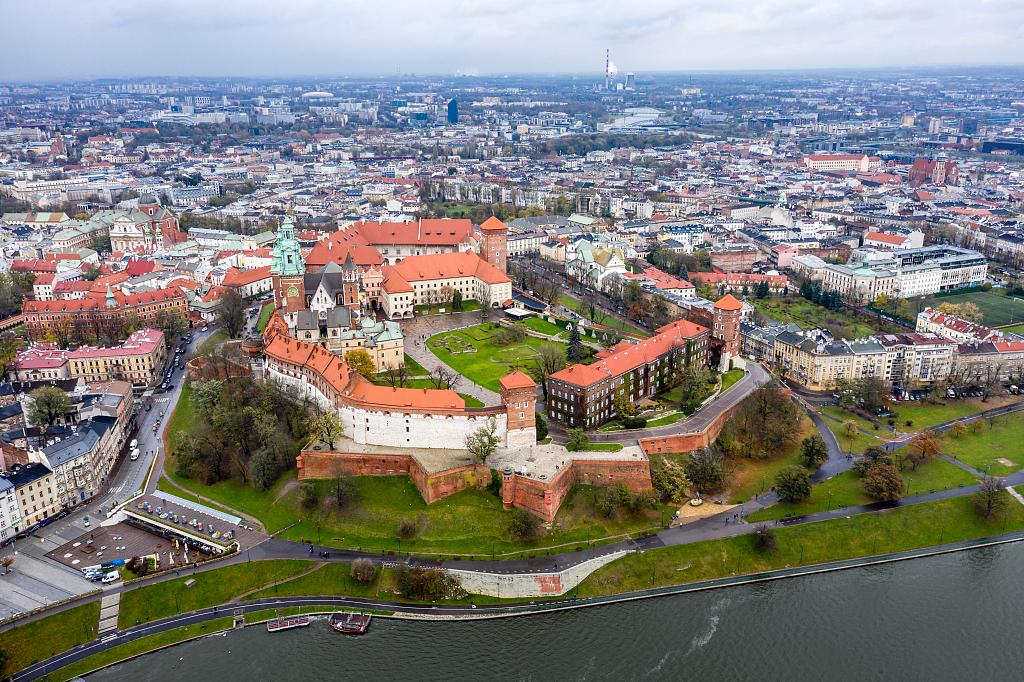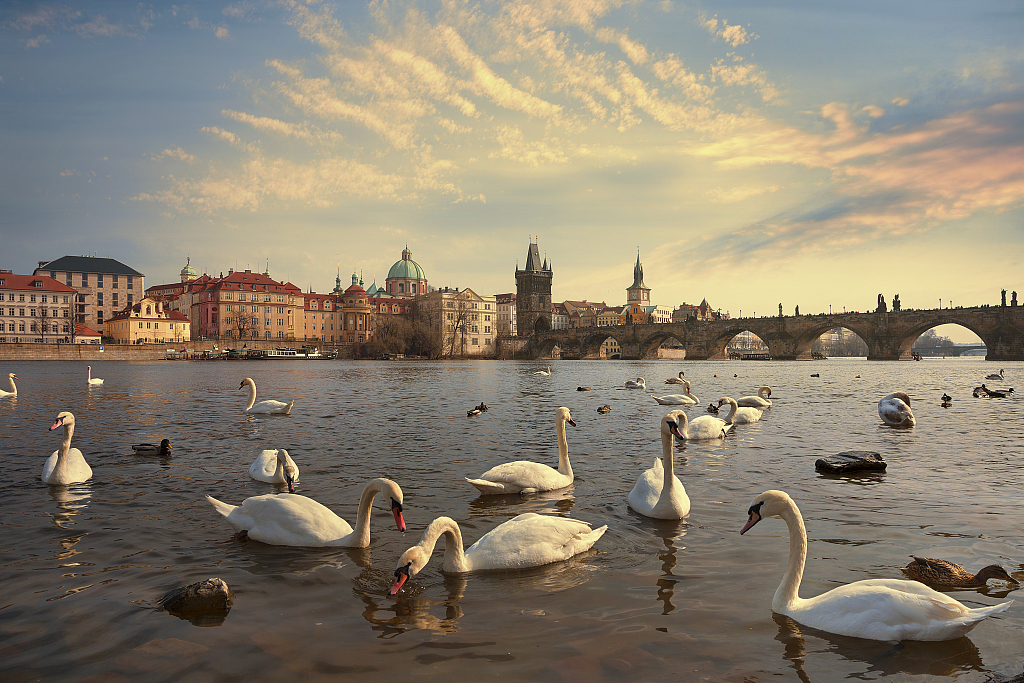The Slovak Republic
Slovakia is in the very heart of Europe, the geographical center of which is St. John’s Church in the village of Kremnické Bane. The neighboring countries are the Czech Republic and Austria in the west, Hungary in the south, Poland in the north. The 96 kilometers of border with Ukraine in the east make it the country’s shortest border. Although Slovakia has no direct access to the sea, Slovaks don’t have to go far to reach it. Air distance to the Adriatic is just 361 kilometers and Baltic Sea is 440 kilometers.

Facts
Capital
Bratislava (429,564 inhabitants)
Population
5,420,000 (2015)
Area
49,037 km2
Ethnic Groups
Slovaks 85.8%
Hungarians 9.7%
Roma 1.7%
Currency
Euro (€)
President
Zuzana Caputova
Political system
The emerging democracy brought along the disintegration of Czechoslovakia and the foundation of the independent Slovak Republic. Since January 1, 1993, Slovakia has been a sovereign state that joined the United Nations in the same year. Slovakia gradually joined all key European organizations and institutions and has been NATO and EU member state since 2004. 2007 saw the country enter the Schengen Area. Slovakia is also a member of the European Monetary Union, the Eurozone, since 2009. The adoption of the euro concluded Slovakia’s formal integration into the European Union. Slovakia is parliamentary democracy.
The head of the state is the president, who is elected for a five-year term. The president and the government represents the executive power in the Slovak Republic. The supreme legal authority is vested in the National Council of the Slovak Republic, a single chamber parliament with 150 members. The MPs are elected for a 4-year term. The fundamental legal document is the Constitution of the Slovak Republic of 1992. The executive power is vested in the government of the Slovak Republic led by the prime minister. The president, the parliament and the government are all based in Bratislava, the capital of Slovakia. From July 1996 Slovakia was divided into eight administrative regions and 79 districts. The public administration reformed to strengthen local self-governments was launched in 2001. Eight higher territorial units that correspond with regional administrative units were introduced.
Economy
Reflects massive investments in automobile industry in the cities of Bratislava (Volkswagen), Trnava (PSA Peugeot Citroën) and Žilina (KIA). Slovakia is the major producer of iron and steel,
and related commodities. The industry is dominated by the metallurgical giant of US Steel, which acquired The East Slovak Steel Works.

China - Slovakia relations
China established diplomatic relations with the former Czechoslovakia on October 6, 1949. On January 1, 1993, the Slovakia Republic became an independent and sovereign state, which China recognized and established diplomatic relations with at the ambassadorial level. The date of establishment of diplomatic relations between the two countries will continue to be October 6, 1949.
In April, 2019, Premier Li Keqiang and Slovak Prime Minister Peter Pellegrini said that the two countries are ready to further promote cooperation and enhance bilateral ties.
The two leaders made the remarks when meeting on the sidelines of the eighth leaders’ meeting of China and Central and Eastern European Countries (CEEC).
Noting that 2019 marks the 70th anniversary of the establishment of diplomatic relations between the two countries, Premier Li said China is willing to join Slovakia in meeting each other half way, enhance political mutual trust and promote a healthy development of bilateral ties.
In 2014, Chinese and Slovak leaders pledged to deepen cooperation in economy and trade, and to strengthen relations between the Communist Party of China (CPC) and Slovak political parties.
Wang Jiarui, vice chairman of the National Committee of the Chinese People's Political Consultative Conference, made the pledge when meeting with Robert Fico, Slovak prime minister and leader of the Direction-Social Democracy party, and Parliament Speaker Peter Pellegrini, respectively.
Wang, who also heads the International Relations Department of the CPC Central Committee, said that on the occasion of the 65th anniversary of the establishment of diplomatic ties, China and Slovakia should turn their traditional friendship into more fruits of cooperation.


